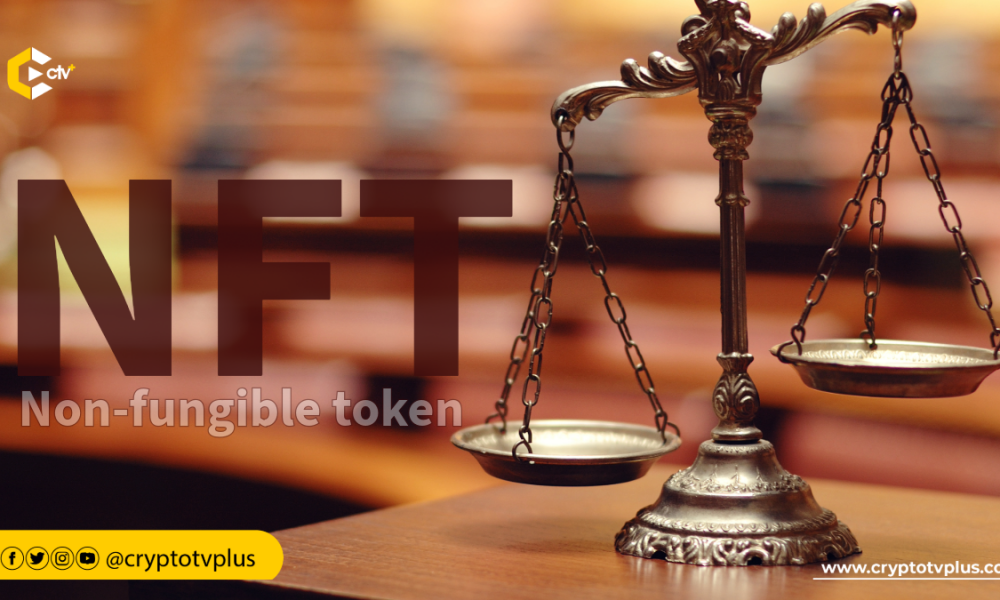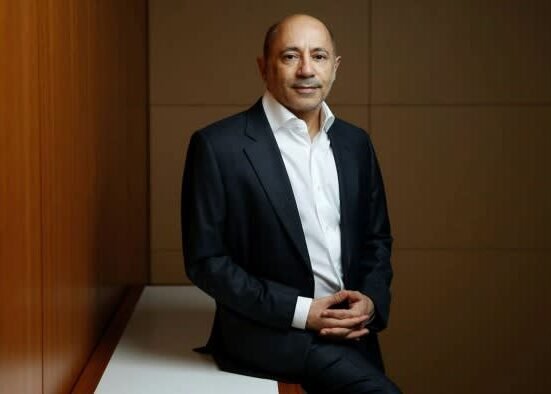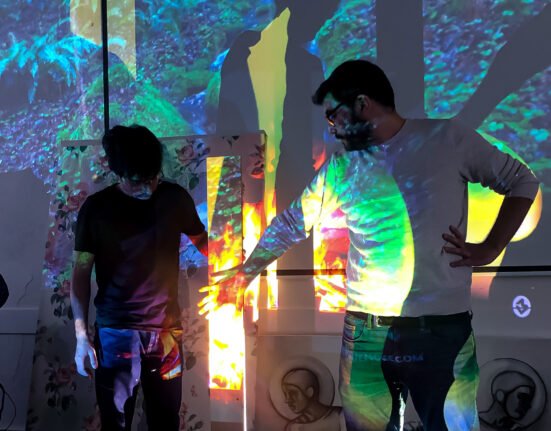Thirty-six holders of non-fungible tokens (NFTs) have taken legal action against the artist and art gallery responsible for their NFTs, alleging that they failed to implement a metaverse-based private club and deliver other promised perks.
On October 9, the group filed a complaint in a New York federal court, claiming that the project by Eden Gallery and artist Gal Yosef constituted a “rug pull” scam.
Selling 12,000 unique humanlike eagles, the NFT collection titled Meta Eagle Club amassed $13 million between February 2022 and November 2023.
Despite the updates from the project team asserting progress, the group alleged that nothing “substantial” had been done to “effectively build the Meta Eagle Club in any real sense.”
The lawsuit claimed that the team members building the project lacked “experience or expertise related to blockchain and smart contract development and engineering” and, in reality, had no experience in software development or engineering at all.
NFT holders received promises for entry into the Meta Eagle Club and a variety of perks.
NFT holders could enter raffles to win prizes like access to Eden Gallery events, hot air balloon rides, private jet trips, helicopter rides, exclusive collectible artworks, and more, as advertised in the Meta Eagle Club’s roadmap.
The group claimed that they received merely “a handful of tickets to the experiences promoted extensively in their statements,” in addition to two Galyverse events and 11 artworks personally signed by Gal Yosef.
On January 12, 2023, the community successfully voted on Eden Gallery’s Discord to shift the budget for the remaining Roadmap items into “alternative utilities,” which included keeping a marketplace operational.
The decline in the market led to a change in priorities.
The gallery and Yosef promised the group to create additional art for an online realm called the Galyverse, claiming that members’ investments in the club would “increase” and that they would receive dividend-like digital assets as long as they remained members.
The group claimed that this prompted investors to buy the Eagle NFTs based on “materially false information” and that they suffered losses because the Meta Eagle Club NFTs had no value, as the commitments “associated with creating their value” were never completely met.
“As a result, Plaintiffs paid substantially more for the NFTs than they were actually worth,” the group claimed.
The accusations leveled against Eden Gallery and artist Yosef encompass common law fraud, unjust enrichment, and violations of the New York General Business Law.
Read also: Are NFTs Dead or Evolving? Insights from Breakpoint 2024
The group seeks the court to assess damages, in addition to injunctive relief and reimbursement for attorney’s fees.
Eden Gallery and Yosef did not immediately respond to the request for comment.
This case is not the first legal action taken amid complaints of NFT buyer remorse.
In a suit filed on September 19, two users of OpenSea sought to initiate a class action against the NFT marketplace, asserting that it sold unregistered securities contracts following a Wells notice from the Securities and Exchange Commission.
In May, a dissatisfied customer filed a class-action suit against Dolce & Gabbana, the Italian fashion brand, and the digital assets platform UNXD, alleging that delays in delivering NFT products resulted in a substantial loss of value for the assets.
The NFT market as a whole continues to struggle to reclaim the heights of earlier years.







